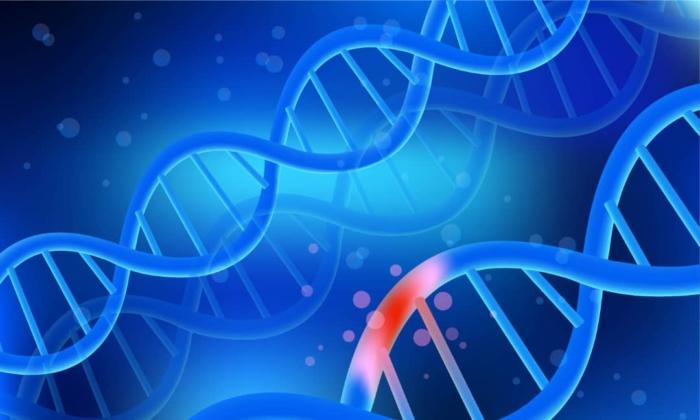The use of cannabis can lead to changes in DNA that can cause genetic mutations and subsequent serious diseases, according to a new study.
The Health Risks of Cannabis Use
The study, published in Molecular Psychiatry, analyzed data from about 9,500 participants from different groups, including parents and children, twins, and older adults.Researchers assessed DNA methylation, an indicator of potential health outcomes due to how genes are expressed. The genome study analyses were evaluated according to the different genetic groups and adjusted according to age, gender, cigarette smoking, and blood type.
Understanding DNA Methylation
DNA methylation is a fundamental epigenetic mechanism that regulates gene expression without altering the underlying DNA sequence.Methylation patterns can be heritable and change over time in response to various environmental factors, including diet, lifestyle, and substance exposure.
Altered DNA methylation patterns have been associated with several diseases and conditions, including cancer, developmental disorders, and neurological conditions. Factors such as aging, environmental exposures, and certain medications can influence DNA methylation patterns, potentially impacting gene regulation and cellular functions.
How Does Cannabis Use Affect Future Generations?
The authors of a previous study, Gary Hulse and Albert Stuart Reece from the School of Psychiatry and Clinical Sciences at the University of Western Australia, point to the connection between the use of cannabis and the health risks associated with it and what this may mean for future generations.The scientists are concerned that even when the user does not develop an illness from gene mutations associated with cannabis use, they can pass the mutation on to their children and grandchildren.
“Even if a mother has never used cannabis in her life, the mutations passed on by a father’s sperm can cause serious and fatal illnesses in their children,” Mr. Reece said in a University of Western Australia media statement on May 24, 2016.
“The parents may not realise that they are carrying these mutations, which can lie dormant and may only affect generations down the track, which is the most alarming aspect.”
Chemicals in cannabis can alter a user’s DNA, and this can slow down the growth of the cells. For a growing fetus, this could lead to underdeveloped limbs or organs or even cancer, the researchers theorize.
Cannabis Users Must Weigh Risks vs. Benefits
Cannabis is a plant that’s been used for various purposes for centuries. It contains hundreds of chemical compounds, the two most well-known being THC and cannabidiol (CBD).These compounds are known as cannabinoids and interact with the body’s endocannabinoid system, affecting various functions like mood, appetite, pain sensation, and memory.
Cannabis is often consumed for recreational or medicinal purposes. It can be smoked, vaporized, brewed as tea, or ingested in edible forms like cookies or candies.
Researchers continue to investigate the potential health impacts—both positive and negative—of cannabis use. Study findings might have a vital role to play in the work of health care professionals, researchers, and policymakers as they determine cannabis regulations.







